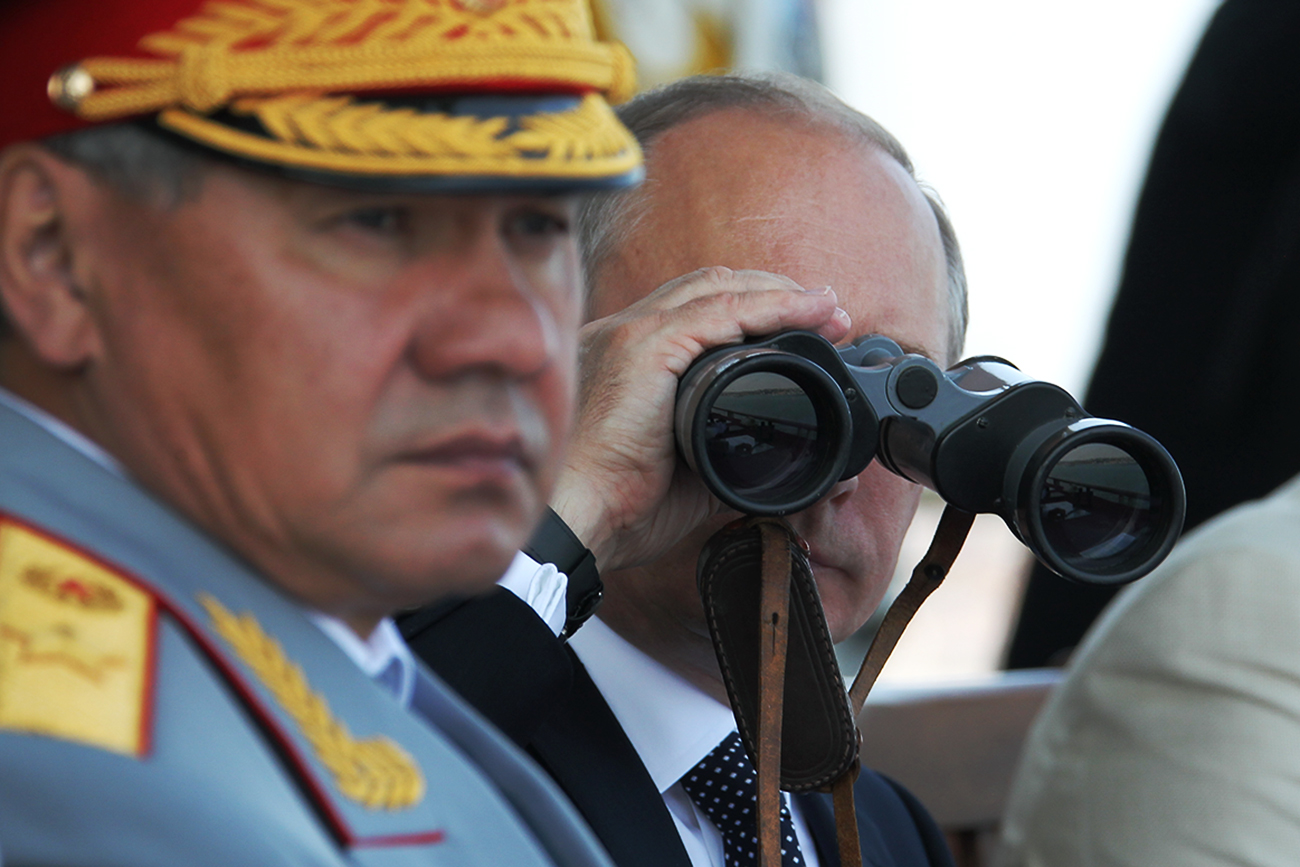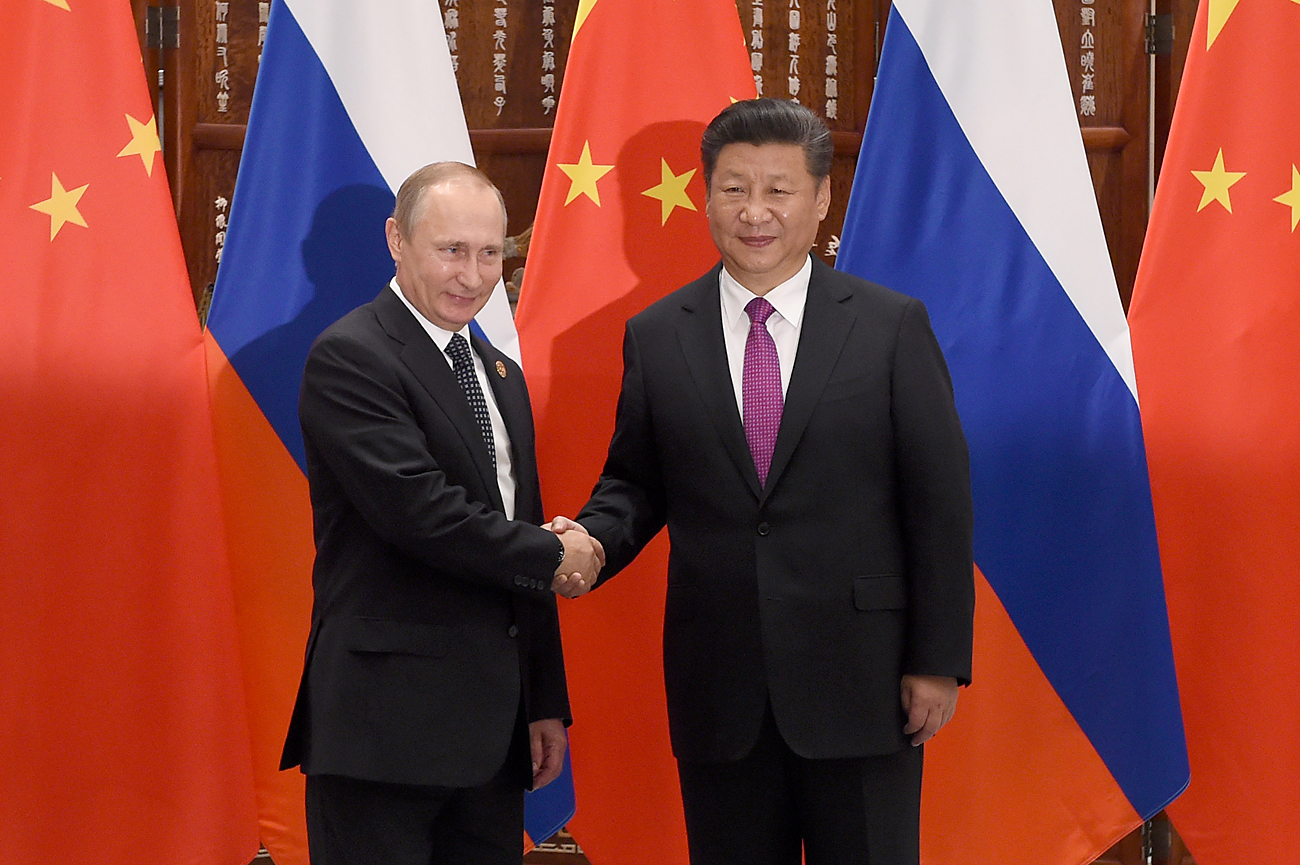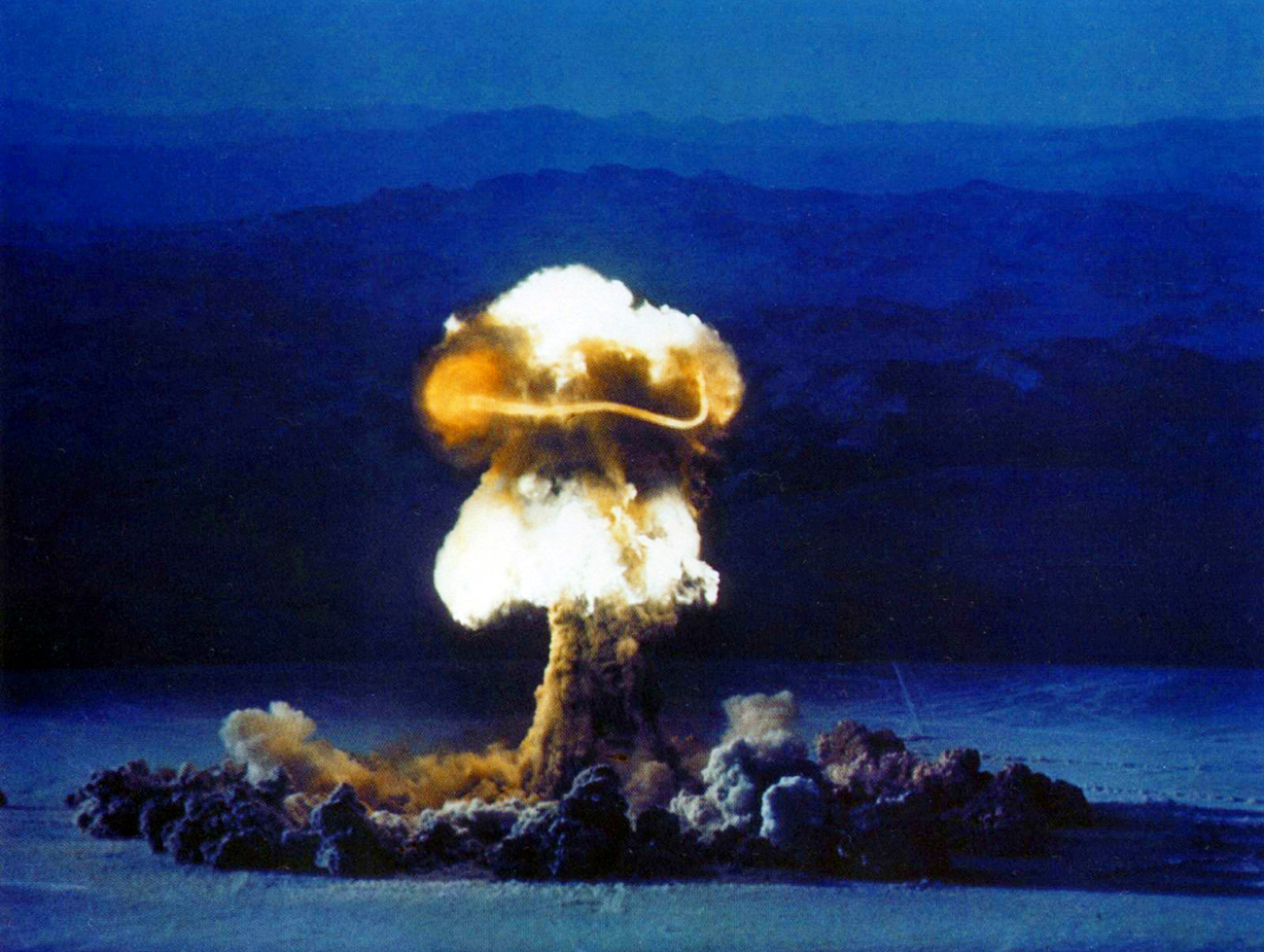Russia, Japan to revive ‘2+2’ format talks, discuss Asia-Pacific security

The Kremlin is eager to boost security cooperation with Asia-Pacific countries.
Michael Klimentyev/RIA NovostiFor the first time in three years, Russia and Japan will hold ministerial talks in the ‘2+2’ format with their ministers of foreign affairs and defense. During the intergovernmental talks on March 20, the Russian and Japanese ministers are going to discuss security issues in the Asia-Pacific region, Russian Deputy Minister of Foreign Affairs Igor Morgulov told Kommersant on March 17.
A source in Japan told Kommersant that the Japanese side would apprise the Russian ministers about the outcomes of the talks between Japanese Prime Minister Shinzo Abe and U.S. President Donald Trump on February 10. The sides would also talk about Japan's “increasing missile defense capacity.”
Japan is also likely to question Russia about the recent militarization activity on the Southern Kuril Islands. “We need to reinforce all Russian borders, not only the Western ones,” a high-ranking officer of the General Staff of the Russian Armed Forces told Kommersant. “We can't have three divisions in the West and zero in the East.”
The ‘2+2’ format was originally created for discussing defense issues. It was first used during the 2013 Moscow-Tokyo negotiations on piracy, terrorism, cyber security and military exchange. After Crimea’s reintegration with Russia in March 2014, Japan suspended these consultations.
East Asian conflicts
Taisuke Abiru from the Tokyo Foundation, who is also a Valdai Club expert, believes that the revival of the ‘2+2’ format is important.
“A revival of talks in the ‘2+2’ format was discussed in December 2016, but was not announced [at the Putin-Abe summit],” he told RBTH. He noted, “Defense issues don’t just concern the Kuril Islands,” adding that there were many other security issues in East Asia.
Valery Kistanov from the Moscow-based Institute for Far Eastern Studies believes that the ‘2+2’ format gives countries “a good opportunity to discuss existing problems.”
“It [the revival] has a lot to do with the Korean peninsula in particular, where confrontation between North and South Korea intensifies,” Kistanov told RBTH. “’2+2’ will cover territorial disputes in the East China Sea as well.”
Kistanov added that Russia is concerned about “whether Japan will host the THAAD American anti-missile defense system after South Korea agreed to do so.”
Kurils joint activity not on the agenda
Joint activity on the Southern Kurils will not be on the agenda, as this matter was discussed on March 18 by the deputy foreign ministers of Russia and Japan.
Russian Deputy Minister Igor Morgulov told Kommersant after the talks that a “set of proposals for economic development of the Kuril Islands has been formed.” His counterpart Takeo Akibu added, that parties “exchanged project plans on cooperation in fisheries, tourism and healthcare.”
Moscow and Tokyo also agreed to discuss, in greater detail, the possibility for former Japanese residents of the Southern Kurils to visit the islands by air. At the moment, Russia allows visa-free travel by ferry from the northern Japanese island of Hokkaido.
If using any of Russia Beyond's content, partly or in full, always provide an active hyperlink to the original material.
Subscribe
to our newsletter!
Get the week's best stories straight to your inbox

